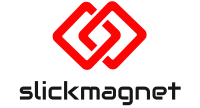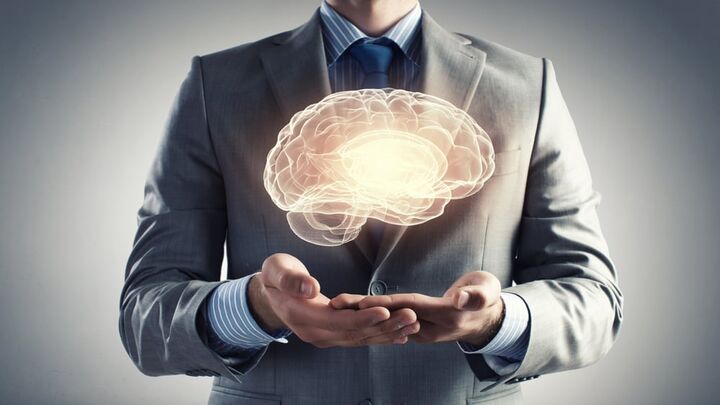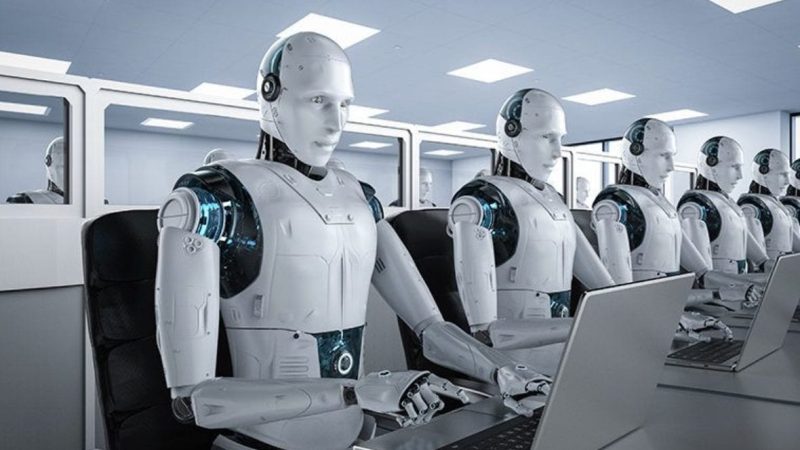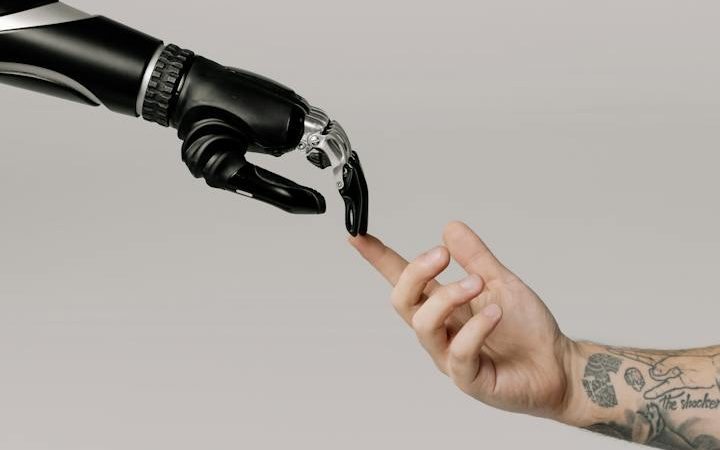CRM vs ERP: What is the difference between CRM and ERP?
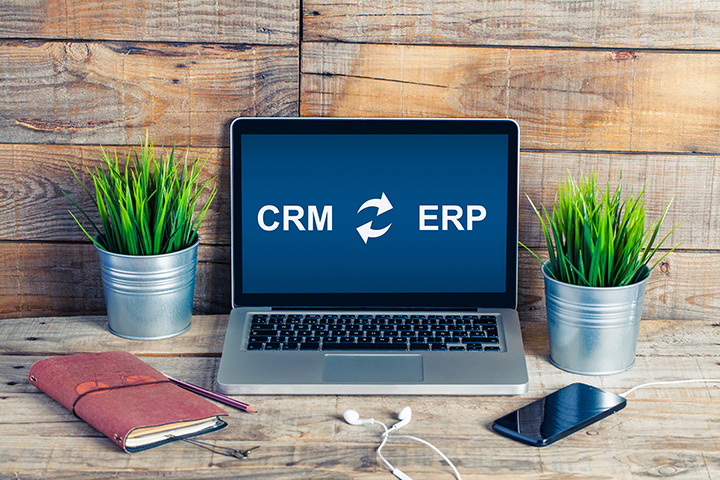
If you spend enough time in any modern office, you are sure to hear these two acronyms: CRM vs ERP. These concepts are often used in tandem because the two generally refer to the same thing: business software systems that contribute to efficiency and profitability.
Instead, when we delve into the discrepancy between these two terms, you’ll see that there are some very important differences between CRM software and ERP software .
In this article, we will discuss the differences. Next, we’ll help you decide which system you need and how to find the right CRM vs ERP, or both, for your business.
Table of Contents
What is the difference between CRM and ERP?
To help you understand the difference between these two systems, let’s see what each one does.
What is ERP?
ERP is the acronym in English for “Enterprise Resource Planning” or Enterprise Resource Planning. Companies use enterprise resource planning (ERP) systems to streamline business operations across various internal departments. For many companies, one of the advantages of ERP is that it is at the heart of the business. It helps different teams within the same company manage a wide variety of tasks and operations.
A good ERP system streamlines and standardizes the information your business needs to prosper. It makes it easy for employees to get on with their daily tasks without getting bogged down by manual processes.
An ERP system organizes and centralizes:
- Recruitment and welcome information.
- Supply chain management data.
- Human resource data, such as payroll and employee information.
- The order processes.
- The management of internal accounts.
- Inventory management.
- Financial planning and reporting.
- The internal strategy information.
- Manufacturing processes.
What is CRM?
CRM is the acronym in English for “Customer Relationship Management” or Customer Relationship Management. Similar to an ERP, it helps companies organize information, but focuses on customer relationships (as the name suggests).
If you think of ERP as internal data and process management, you can think of CRM as external data and process management. Although a CRM can be useful for different areas of your business, the sales, marketing, and customer service departments are the ones that use this software the most.
With the right CRM in place, you’ll use the software to:
- Marketing campaign management (including email marketing, social media management, and content marketing strategies).
- Management of potential clients and follow-up.
- Customer sales assistance service.
- The order processing and confirmation systems.
- Customer data, including their buying trends.
- Customer loyalty programs.
- The sales funnel management.
Also Read: What is an SSD? How does this technology work?
Do you need an ERP, a CRM or both?
Now that you know the difference between a CRM and an ERP, how do you know which one you need?
The best way to answer this question is by analyzing where you are experiencing friction or miscommunication in your business right now.
Start by making a list of your internal processes and those for the customer. Interview the heads of the different departments of your company and ask where are the friction points within the daily tasks of your teams.
Once you have this list, start separating them into two columns: one for internal processes (which would be managed with an ERP), and another for customer-facing processes (which would be managed with a CRM). Now that you have all this information in front of you, you can see where you need more help and make your decision from there.
How do ERP and CRM work together?
There are many companies that would benefit from both an ERP platform and a CRM. For example, a large retailer may need an ERP to help it with tasks such as warehouse and supply chain management, and a CRM to manage its sales and marketing strategies.
If you think your business needs both, you will have to look for systems that complement each other. There may be data collected in one system that you need to adapt to the other.
Let’s go back to the retail example we mentioned earlier. A good retail-based enterprise resource planning system will have an inventory management system. Ideally, this data should be integrated into the CRM, as knowing which items are still in stock and which are coming off the shelves is invaluable information for the sales team.
Fortunately, many ERPs include some of the most important elements of a CRM system, so you may find a complete ERP that brings together everything you need. If not, you will see that most ERPs can synchronize well with third-party CRMs, so you could be able to implement two systems that cover all your needs.
How to find the right ERP or CRM software
You already know the difference between CRM and ERP and you also know, after making your list, in which tasks of your business you need help to manage them, therefore the time has come to choose the right software. Much of the decision will be based on the unique aspects of your business and your budget.
Bottom Line
Many options will offer free trials or entry-level versions, which means you can take a look at them before deciding on one.
Finding ERP software or CRM software can take some time. However, once you have the ideal option in place, you can count on a much more streamlined and stress-free office.
